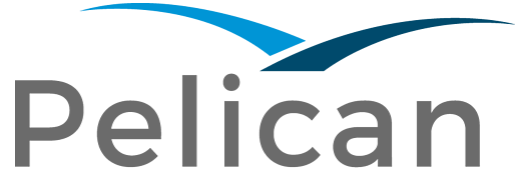
Provider of payments and financial crime compliance solutions Pelican has expanded its global reach into South Korea.
Pelican has partnered with CMSoft Co., Ltd, enabling it to bring its PelicanSecure Trade Compliance solution to financial services based in South Korea.

Access deeper industry intelligence
Experience unmatched clarity with a single platform that combines unique data, AI, and human expertise.
CMSoft, supplier of compliance software in Seoul, will market, sell and help deploy the solution in the local market.
Parth Desai, Pelican CEO, said: “We are excited about the potential for our PelicanSecure Trade Compliance solution in South Korea and delighted to be forming this strategic partnership with CMSoft to help banks tackle the increasing burden of trade-based money laundering.”
Becoming more efficient
Pelican’s compliance solution utilises AI, Natural Language Processing, Machine Learning, OCR and imaging technology. The aim is to digitise paper-based documents and automate the trade compliance workflow.
The solution aims to improve efficiencies and make trade operations and compliance more cost-efficient.

US Tariffs are shifting - will you react or anticipate?
Don’t let policy changes catch you off guard. Stay proactive with real-time data and expert analysis.
By GlobalDataJong Hoon Lee, CMSoft CEO, said: “We see a growing need from banks for technology that can automate and streamline their trade processing and compliance functions. Pelican stood out in comparison to other vendors globally given their focus and proven expertise in this area. We are very enthusiastic about the potential for PelicanSecure in South Korea. We are already engaging with a number of local banks to discuss the benefits of the solution.”
Colin Camp, senior director, Business Development, APAC at Pelican, said: “We are now working closely with CMSoft to help them provide the best services to local banks around our solution. We have been very impressed by the CMSoft team and look forward to building a long and successful partnership in the region.”
2020 forecast
Speaking to EPI in December, Desai argued that banks and fintechs need to collaborate more in 2020.
He said: “Customers’ expectations, behaviour and preference with regards to payments, have changed radically over the last five years. Today the payments industry is at the centre of banking transformation. Banks have lost a lot of control to fintechs and increasingly recognise the need to work together.
“Payments processing has taken full advantage of modern technological advances. The adoption of APIs has taken this to a new level. New payments technology has changed the way we buy, transfer funds, and expect money to be available immediately.”
Desai also said there will be an increased uptake of AI and machine learning throughout 2020.
“As payments processing continues to advance and request for payment (RT2) takes off, the use of AI and machine learning will become mainstream in ensuring good cashflow, funds allocation and availability 24 x 7,” he said.







